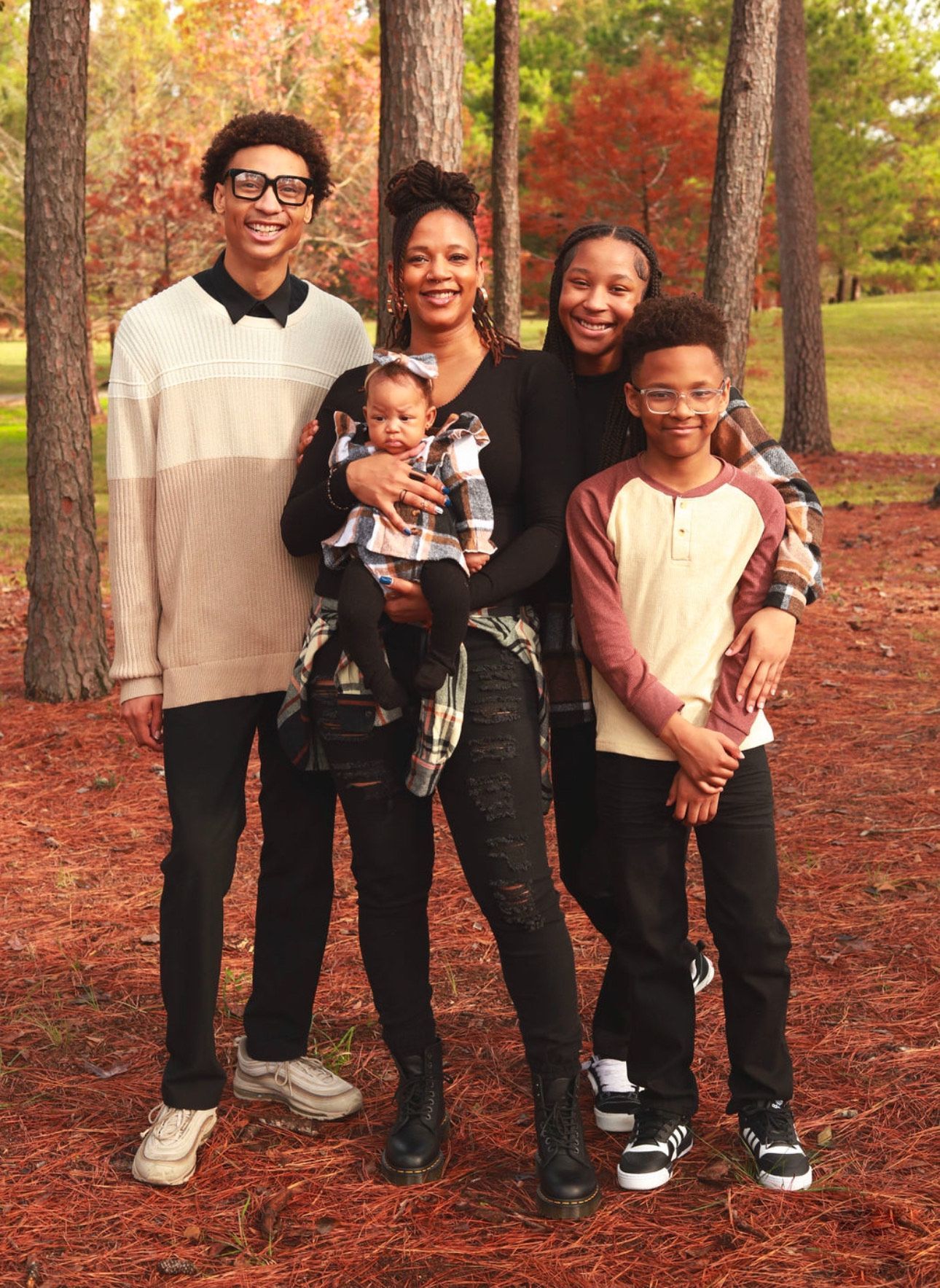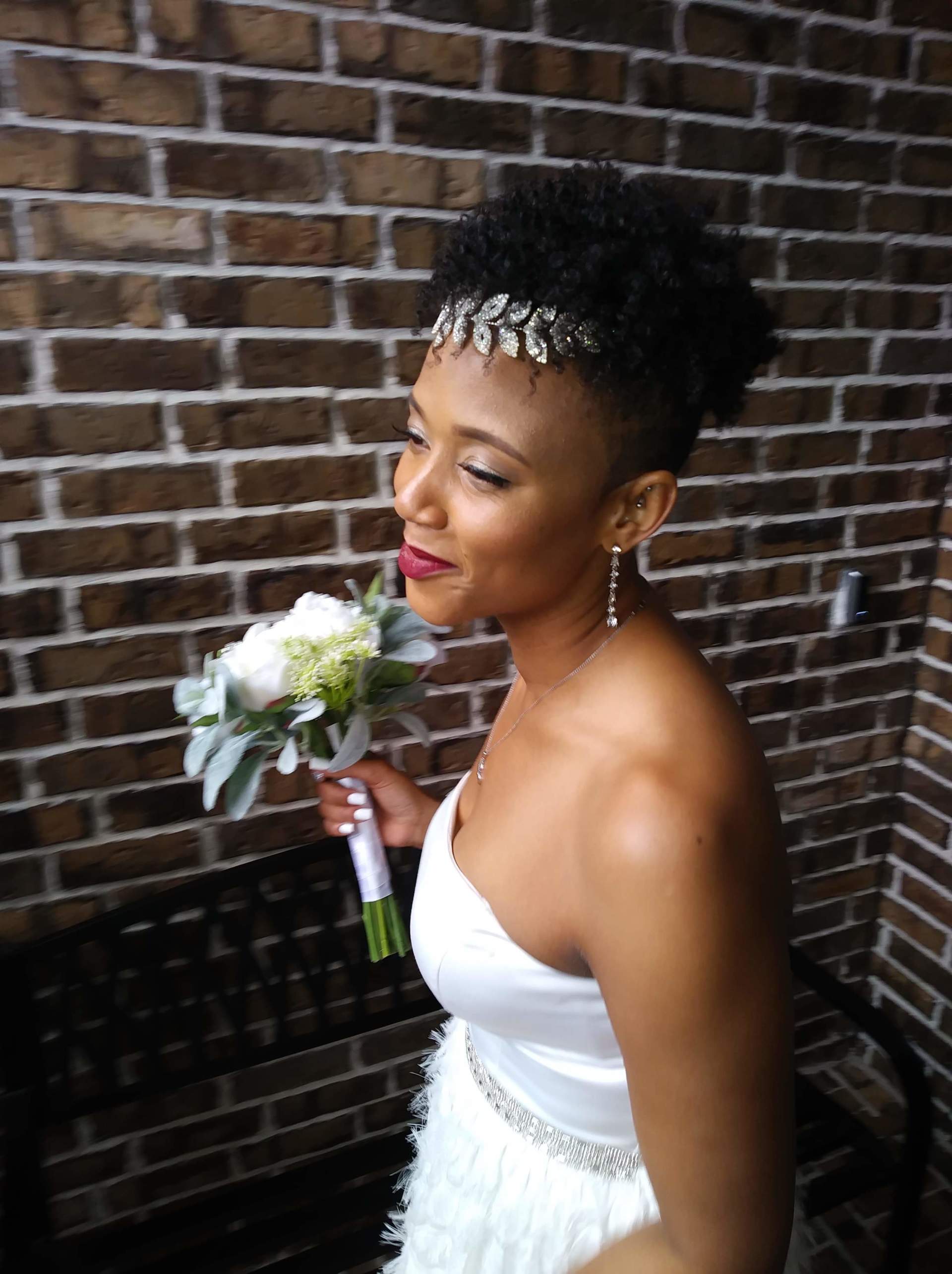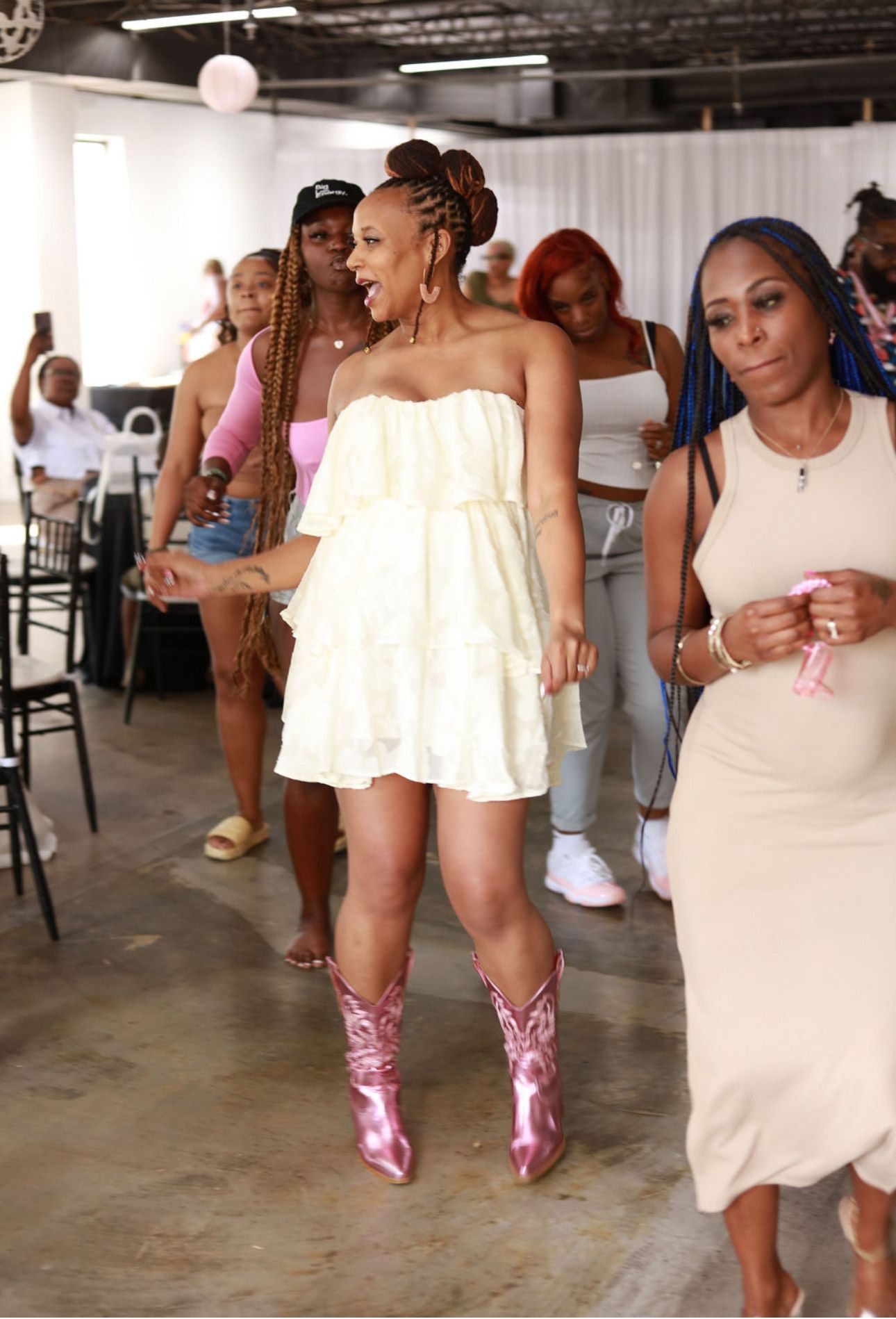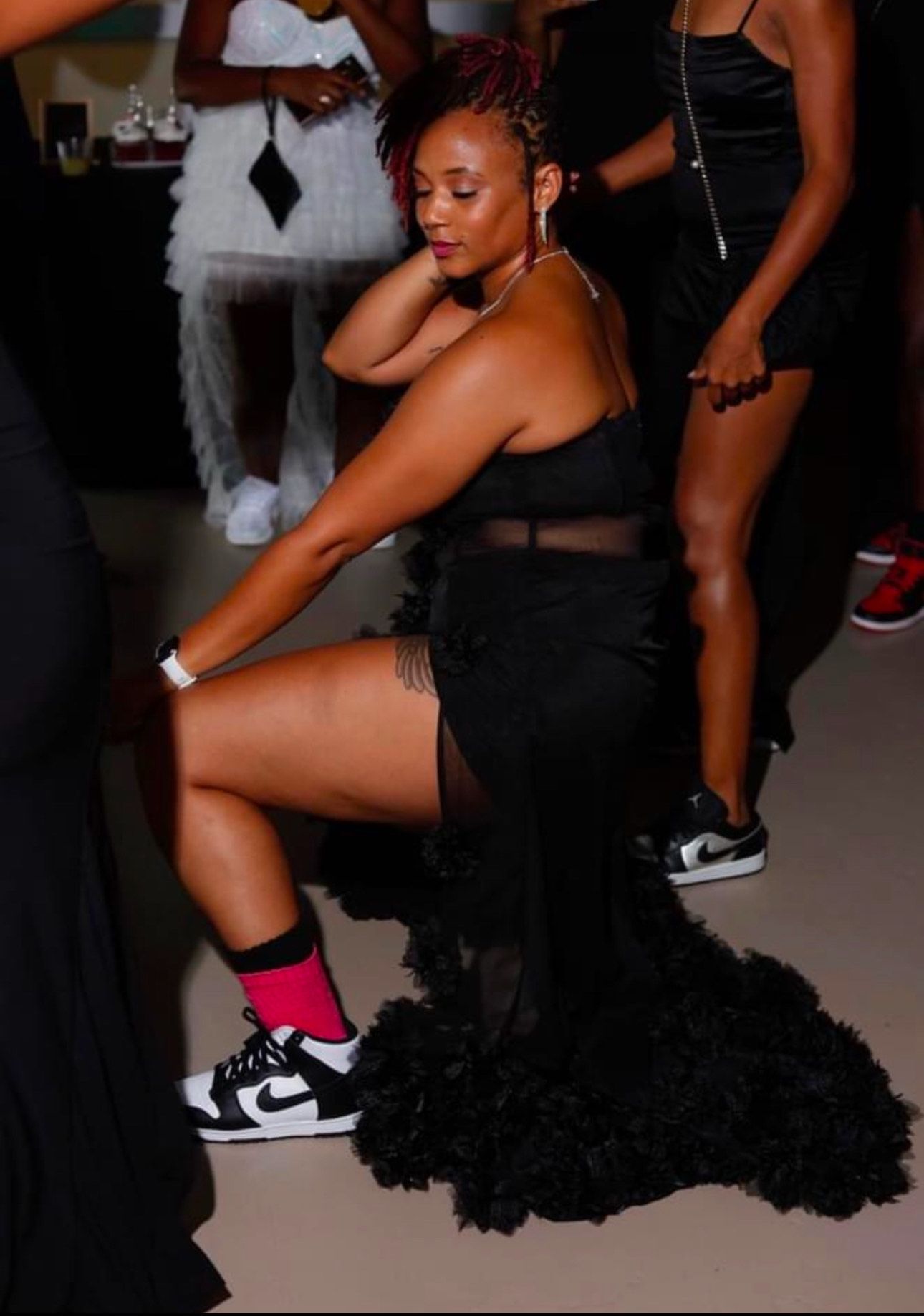LATEST BLOGS

Hey there, my beautiful people! Today, I want to talk about something we all go through at some point in our lives….that is the hard-to-swallow truth: sometimes, we are the problem. Yep, you heard me right. It’s not the circumstances, the people around us, or even fate—it can just be us. There is power in accountability. There is power in sitting back and saying “Yea, that’s me.. I’m the problem” When things aren’t going the way we want them to, it’s easy to point fingers. “If only my boss would recognize my hard work.” “If only my husband/wife would be more supportive.” But hold up! Before we go casting blame, have we taken a good, hard look at ourselves? Are we holding ourselves accountable for our actions, our reactions, and even our attitudes? Recognizing our role in our situations is a significant step toward real growth. Being truthful with ourselves is no small feat. It requires a level of honesty and vulnerability that can be very uncomfortable. But let me tell you, the real growth happens when you can look in the mirror and admit your flaws, your shortcomings, and yes, even your mistakes. It’s not about being harsh on yourself; it's simply about being real. Sometimes you have to say “Girl, it’s you” or “Its not them, it’s you sir” and adjust accordingly. Being truthful allows us to recognize patterns in our behavior and identify what needs to change. GROWTH. Once we’ve owned up to our part, the next step is growth. This is where the magic happens. Growth doesn’t happen overnight; it’s an ongoing journey. It requires patience, time, and, sometimes, the willingness to step outside our comfort zones. Maybe it’s improving communication with loved ones, taking better care of our mental and emotional health, or even seeking professional help if we need it. Whatever it looks like for you, remember that growth is a process—embrace it. Give Grace, but Be Real with Yourself. As we travel this path of self-improvement, let’s remember the importance of grace. We are human. We will stumble; we’ll have off days. But that doesn’t mean we’re not making progress. Giving ourselves grace allows us to forgive our slip-ups instead of allowing guilt to weigh us down. However, don’t confuse grace with complacency. Be real with yourself. Always. Acknowledge when you’re making excuses rather than actual progress. Sometimes, we need a little tough love and we have to be the ones to give it to ourselves. At the end of the day, we’re all just trying to navigate this journey called life. Recognizing that sometimes we might be the ones holding ourselves back can be the first step toward change. It takes courage to face our flaws and push for growth, but trust me, it’s so worth it. Let’s be accountable, truthful, and kind to ourselves as we step into the fullness and greatness of who we are meant to be. You got this! We’ve got this! Until next time, take care of yourselves.

Hey, y’all. It’s time for a real talk about something that is necessary for our mental well-being: setting boundaries. At 42 years young, I've learned one hard truth — letting people play in your face is a recipe for disaster. It's about time we stop allowing folks to mistreat us and treat us any kind of way. I’ve been there, done that, and I’m here to talk about it, so you don’t have to repeat my mistakes.

Life is a journey filled with ups and downs, and many of us are no strangers to struggle. Whether it’s navigating financial difficulties, challenging relationships, or personal battles with mental, physical and emotional health, the path can often feel unsettling . However, as we work through these challenges, it’s important to recognize and embrace the blessings that come from our efforts, hard work and resilience. Acknowledging past hardships does not mean we are defined by them. For some women, like myself, the experiences of being a single mother, navigating divorce, or struggling with depression can lead to feelings of inadequacy, self-doubt, and even guilt for wanting more. These struggles can be heavy burdens to bear, but they can also pave the way for growth, strength, and ultimately joy.












